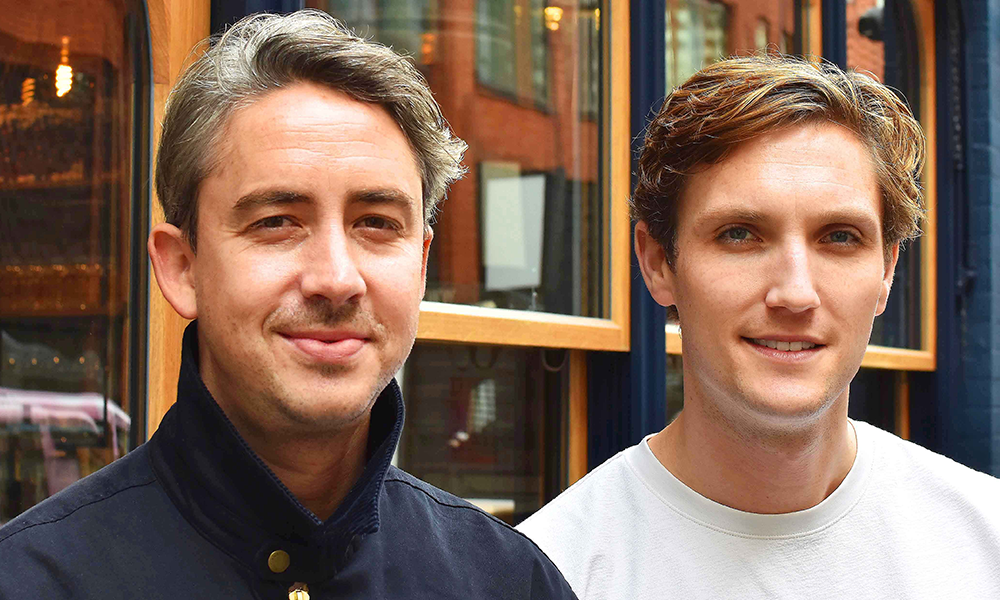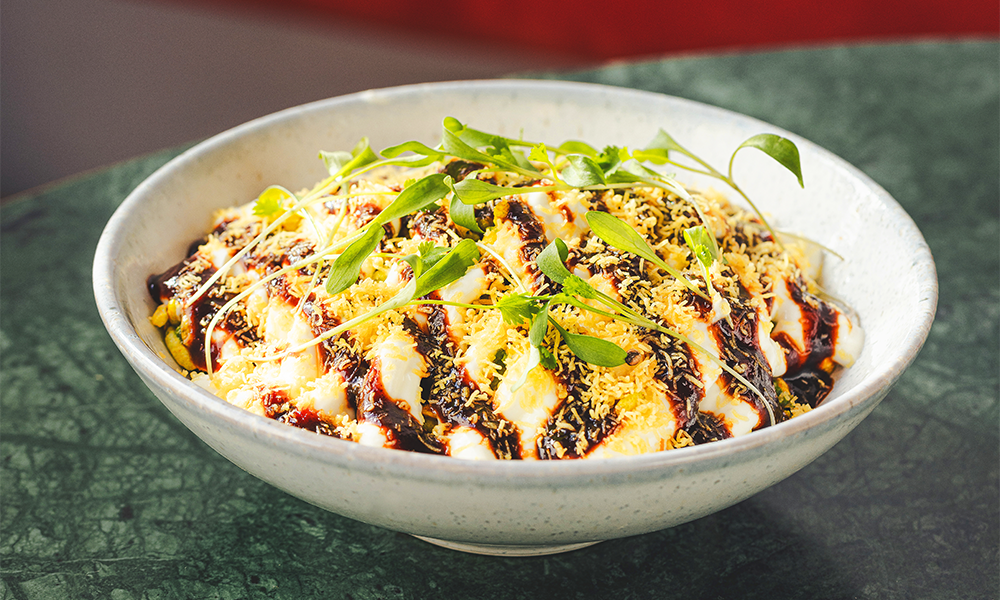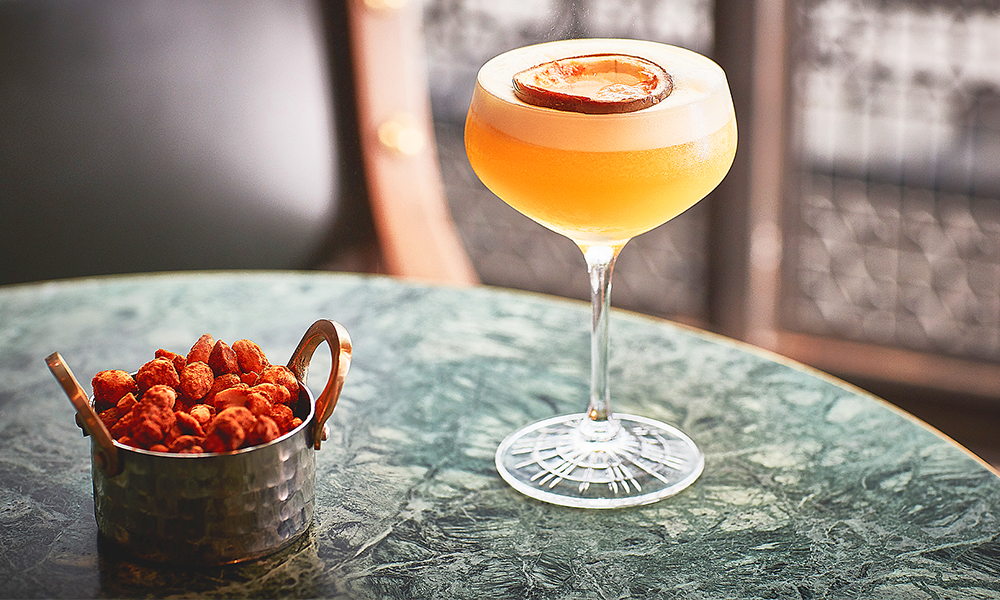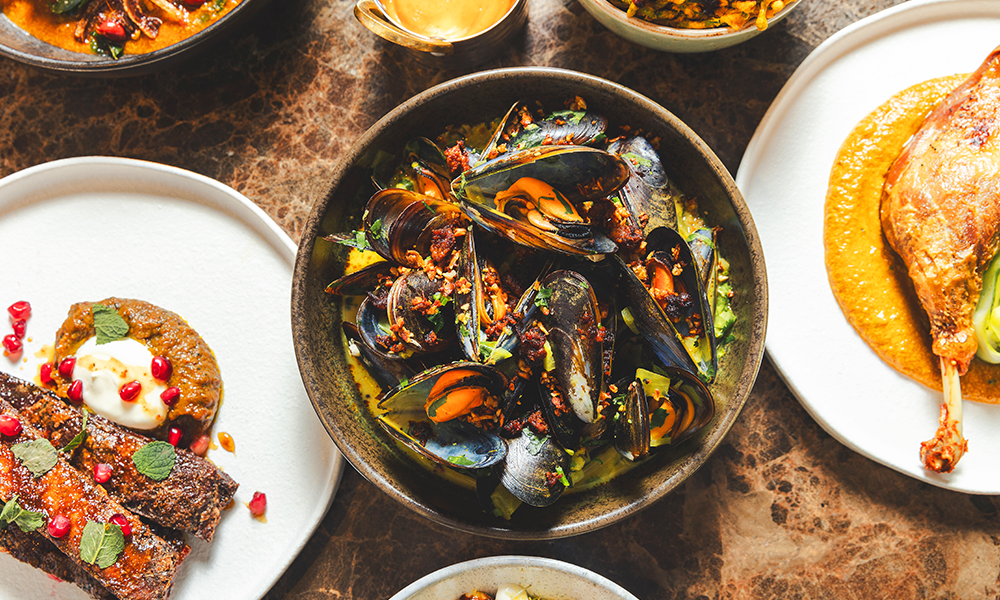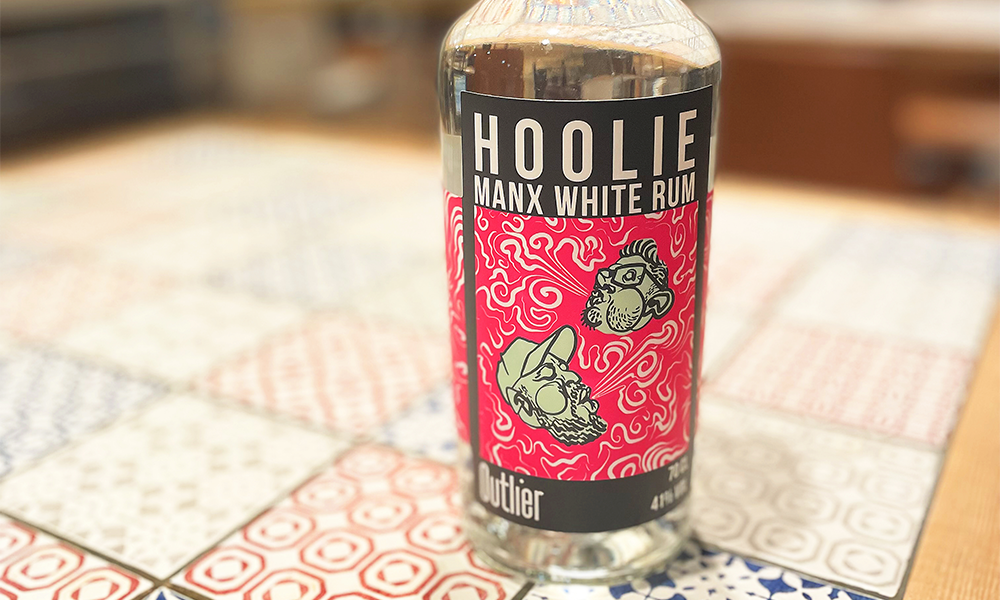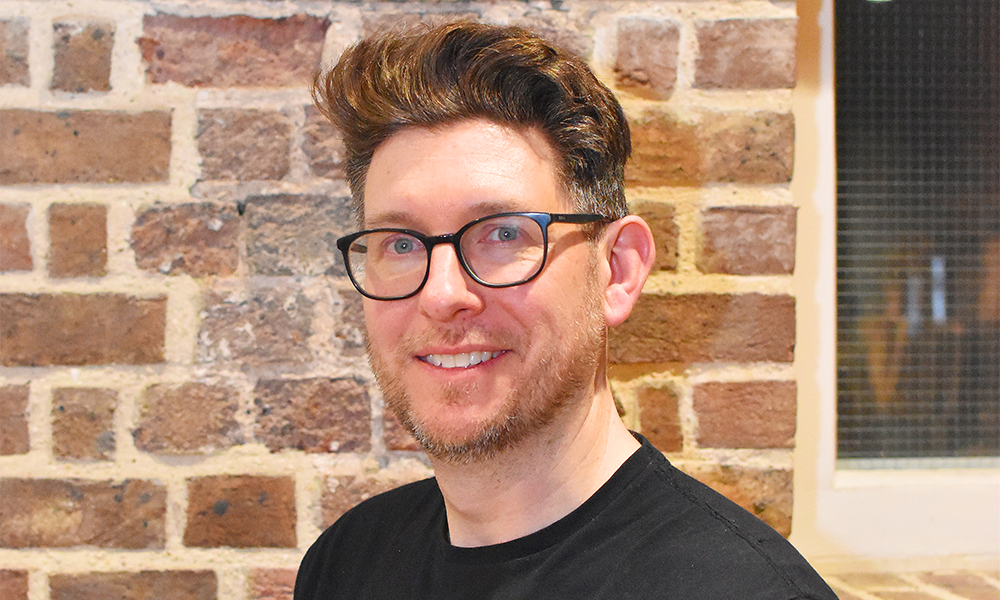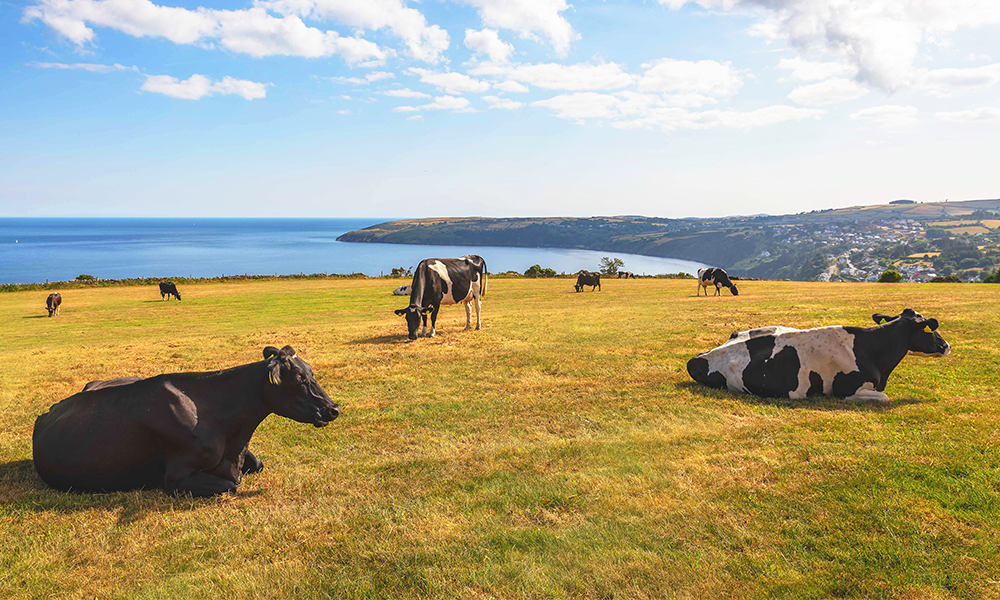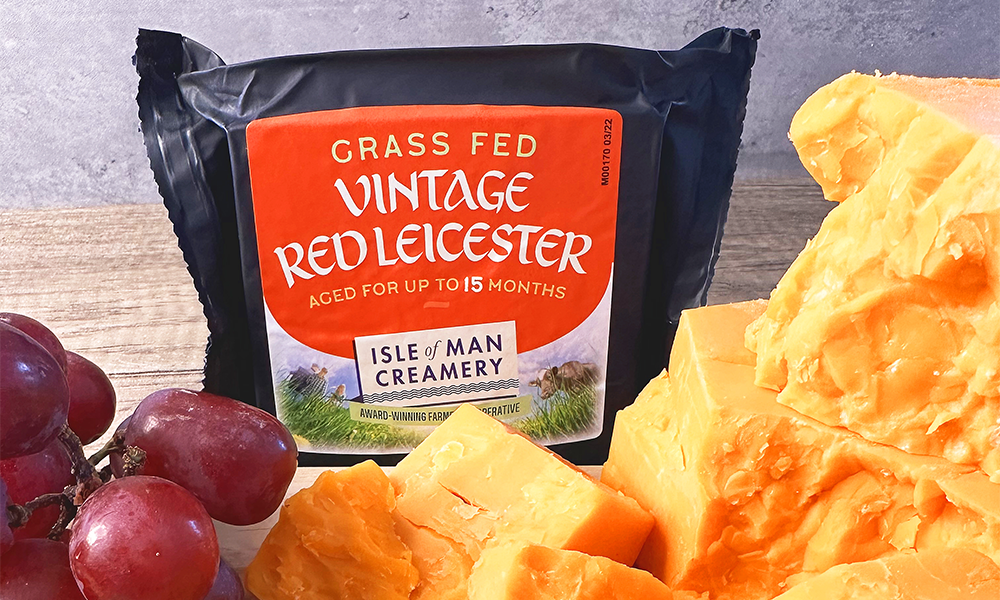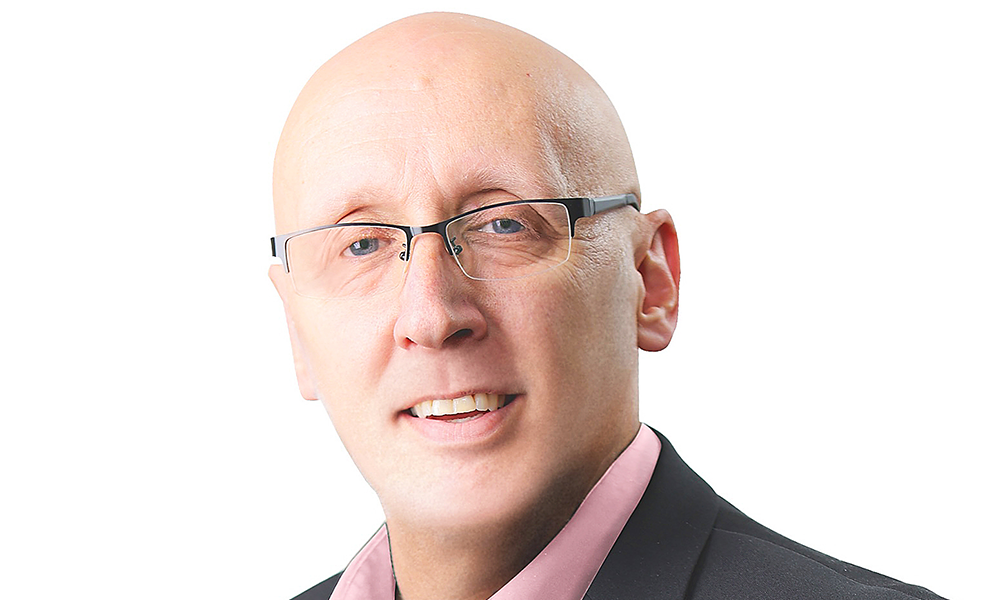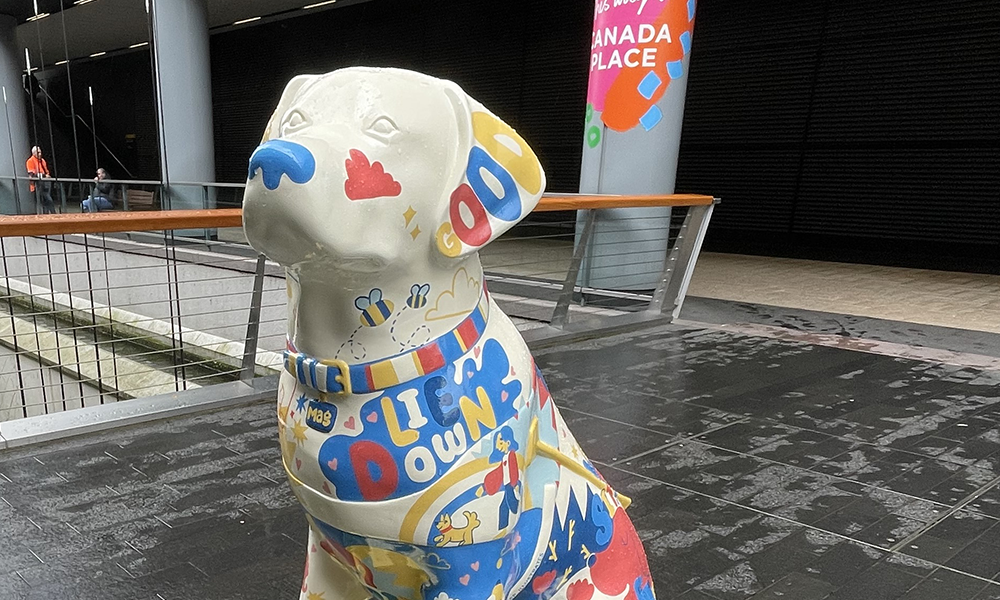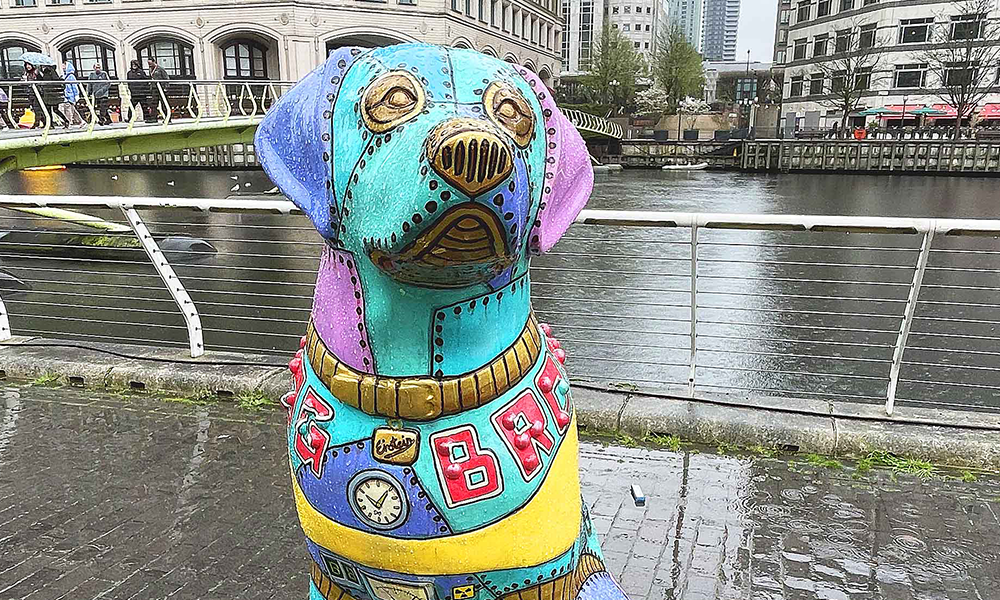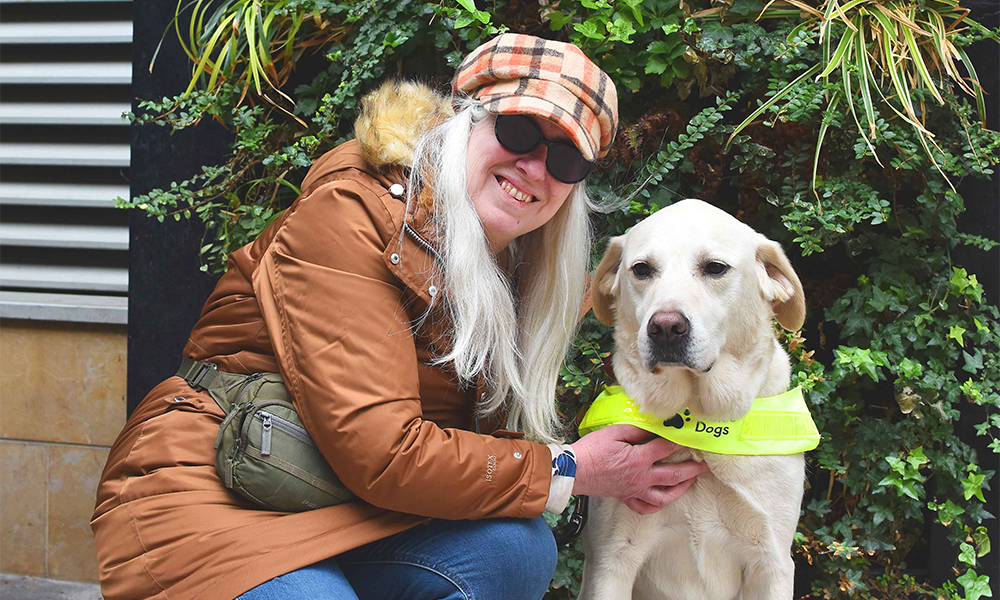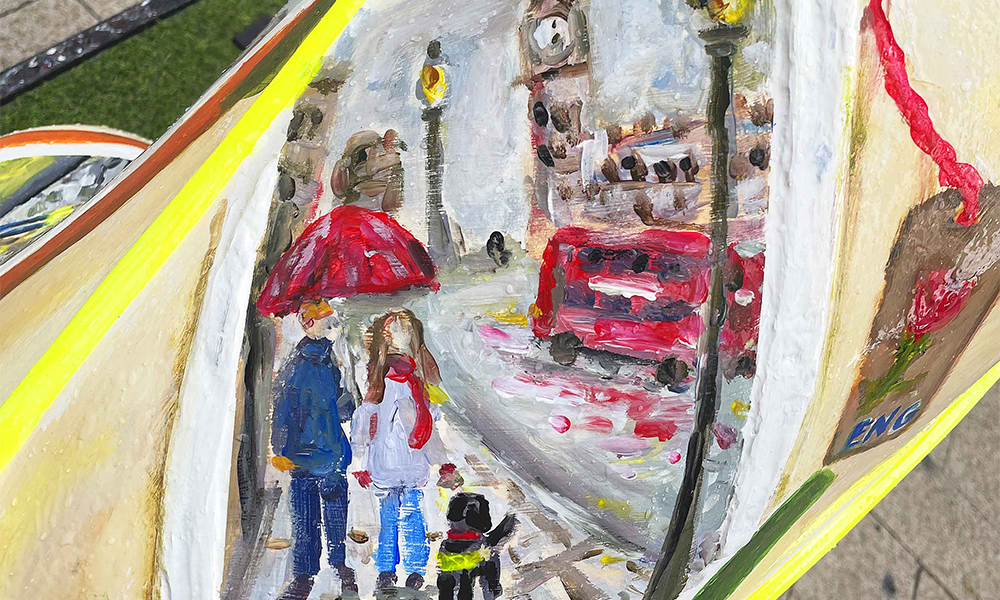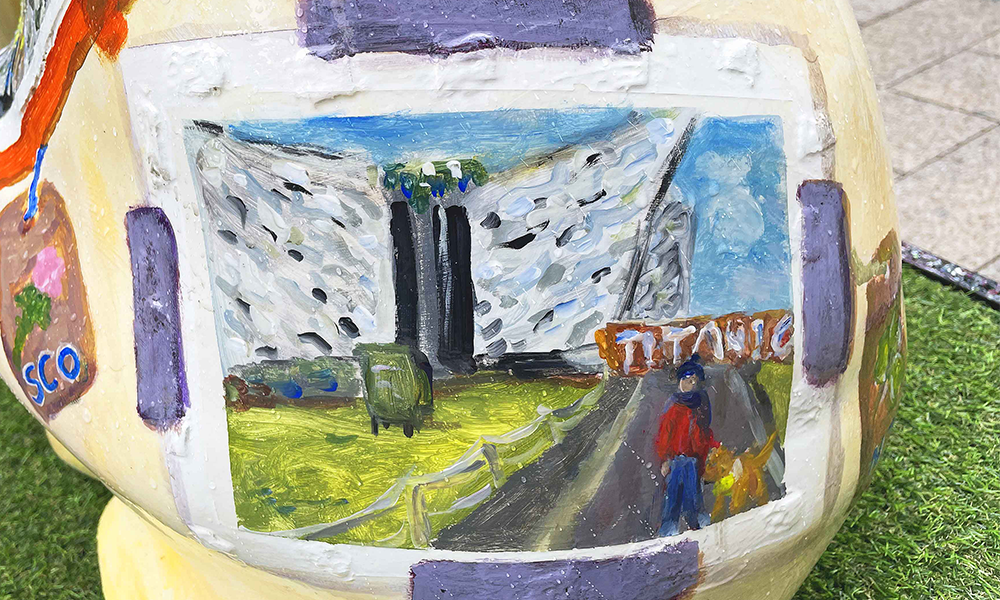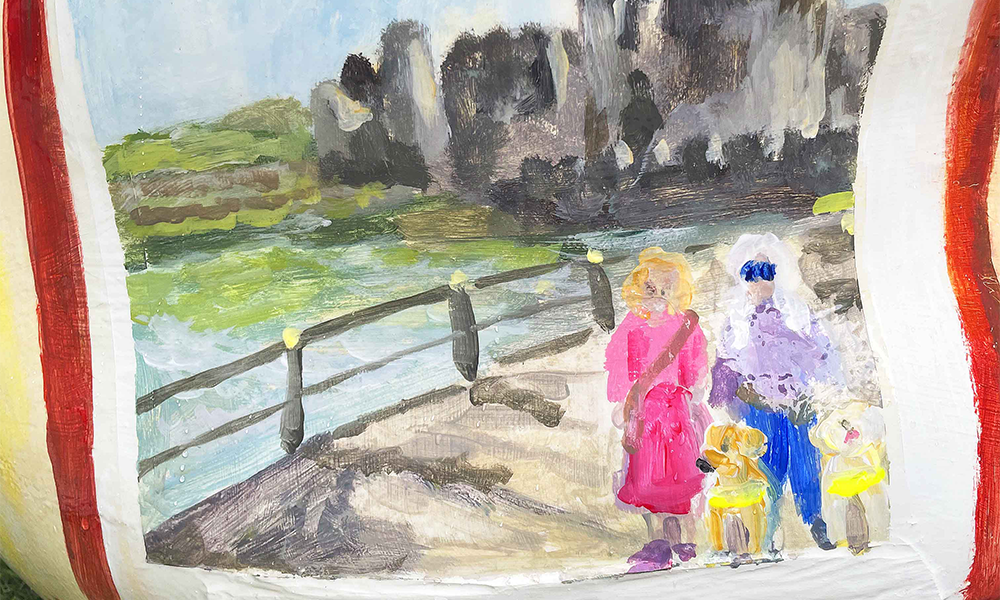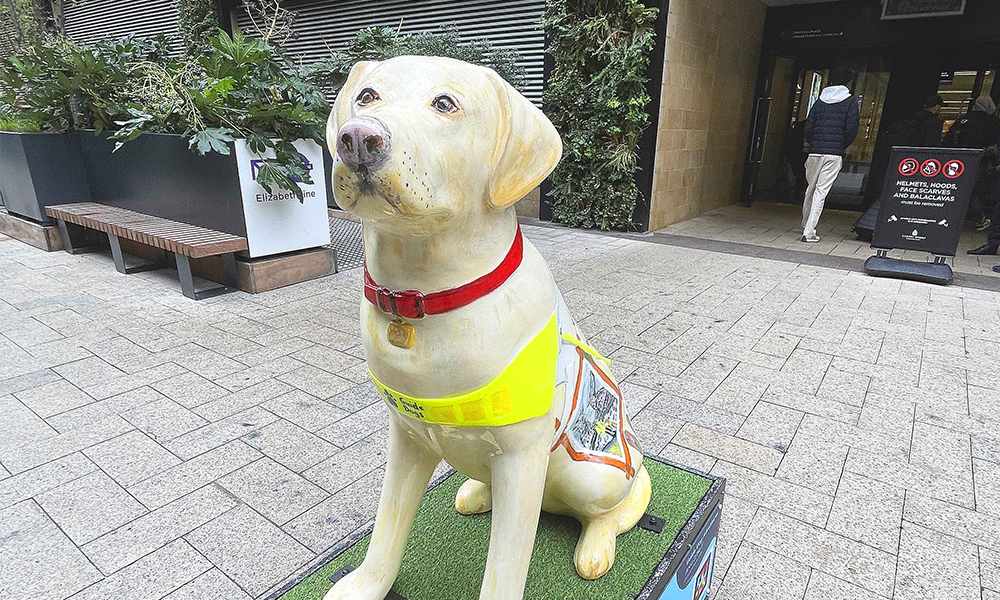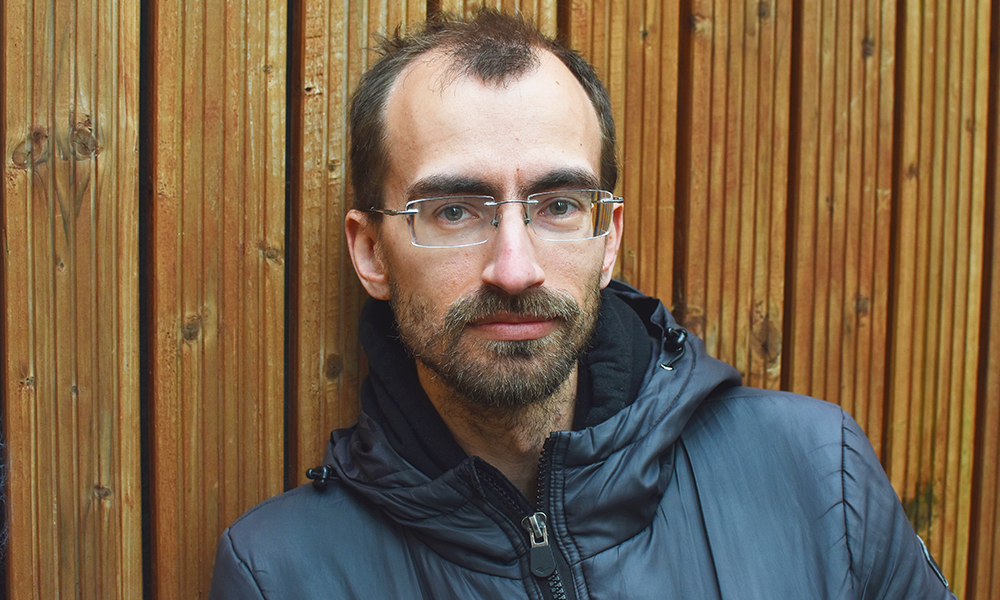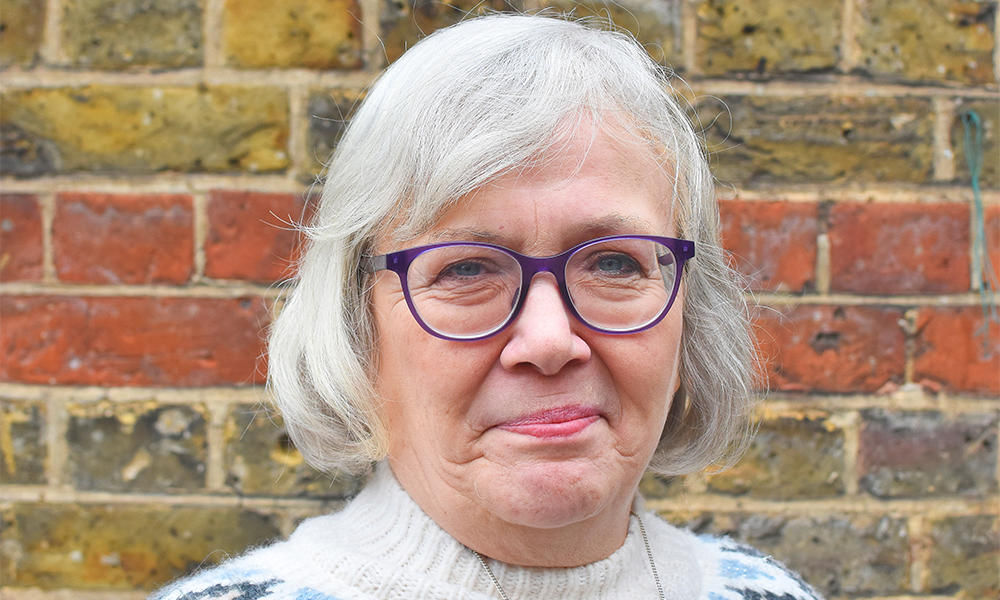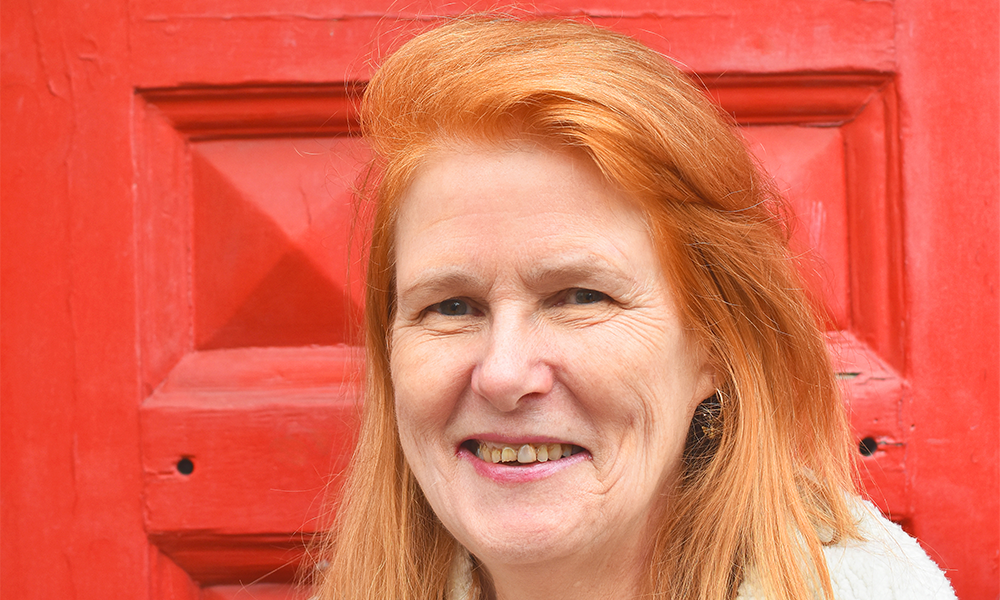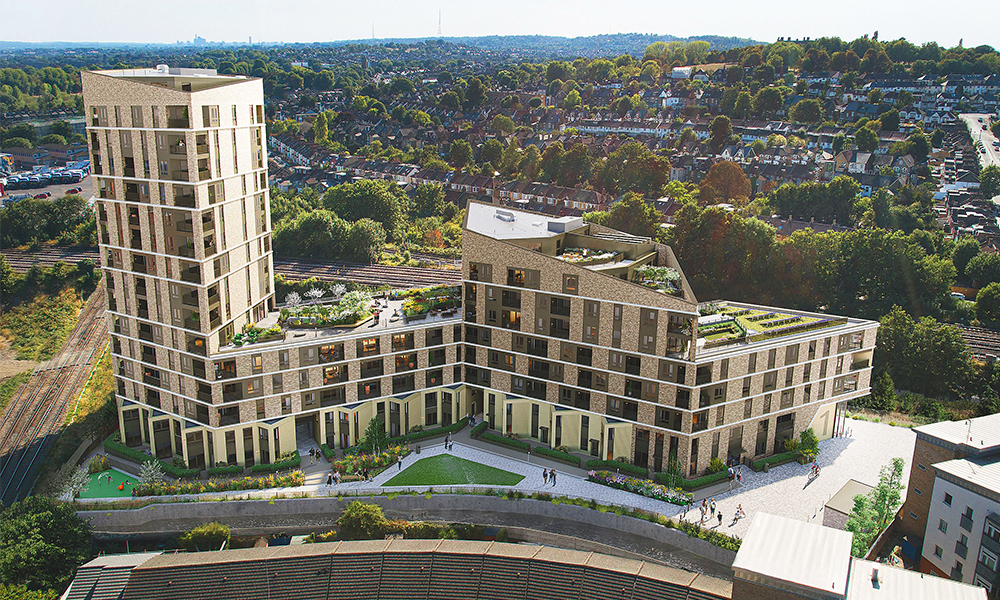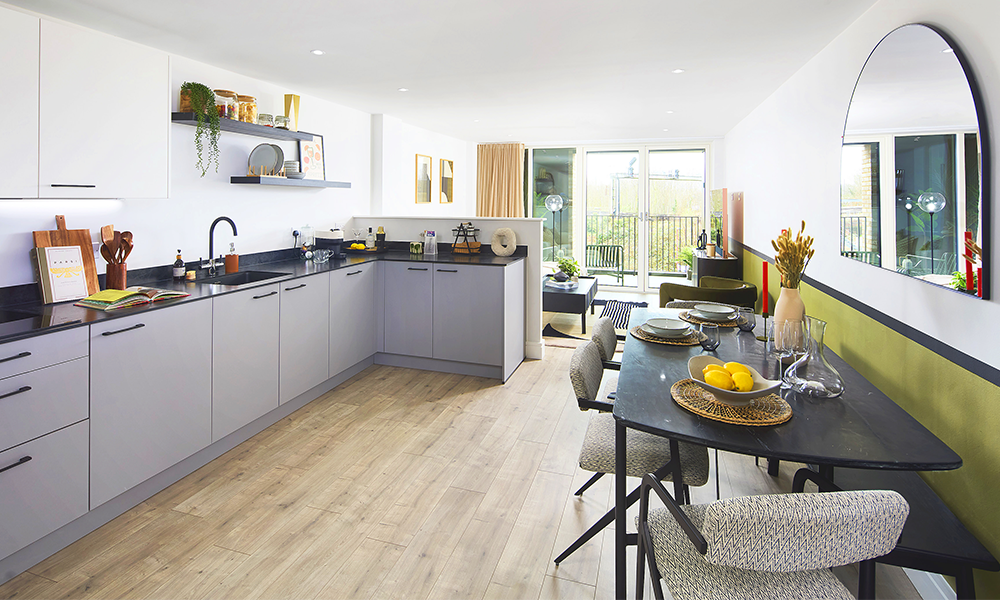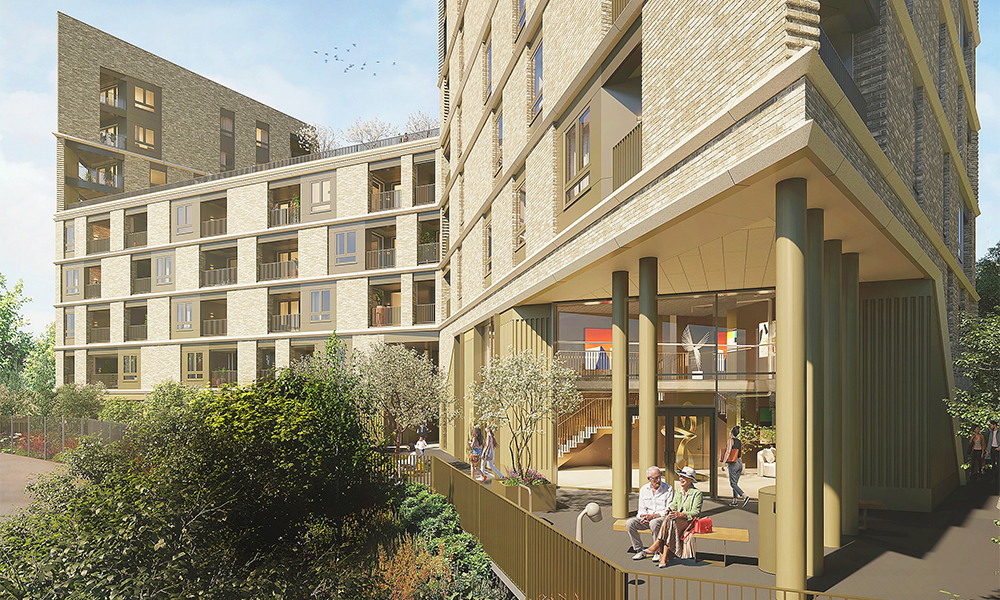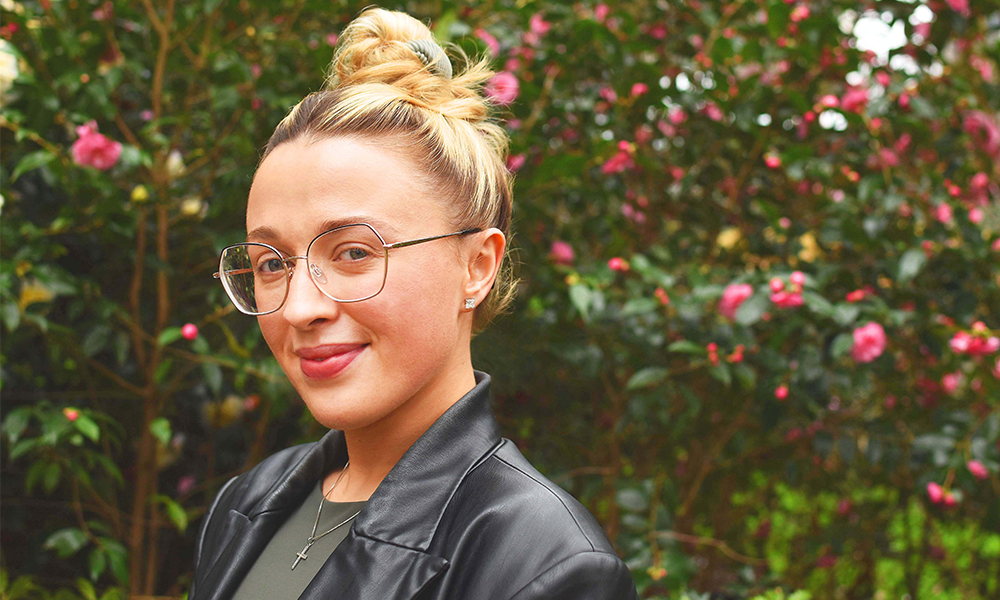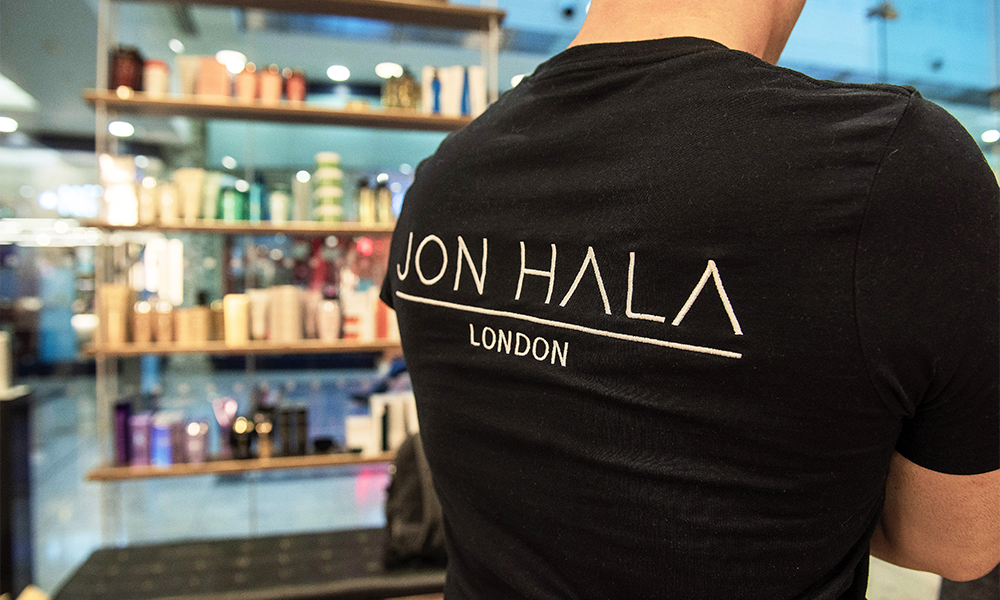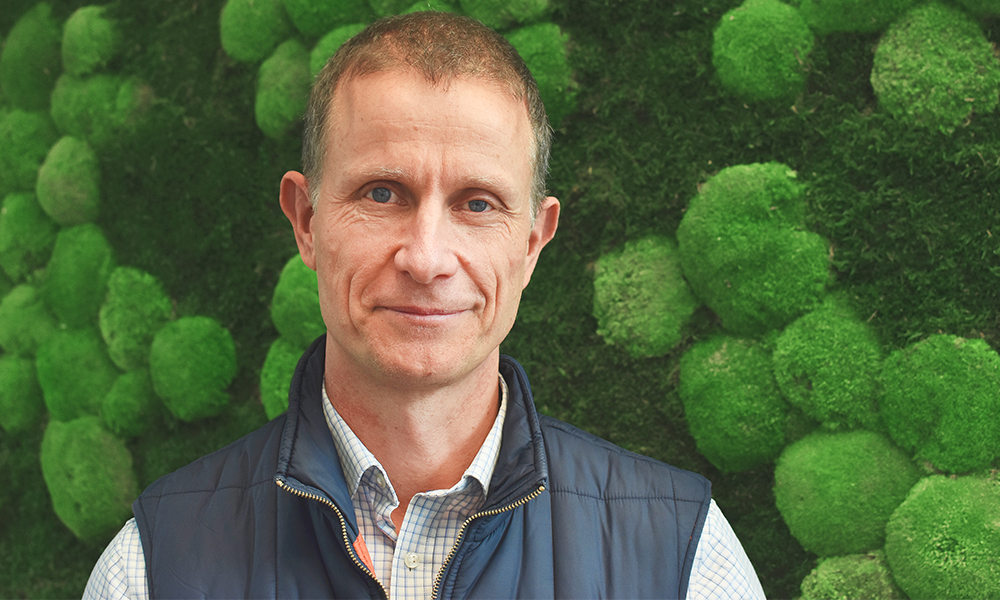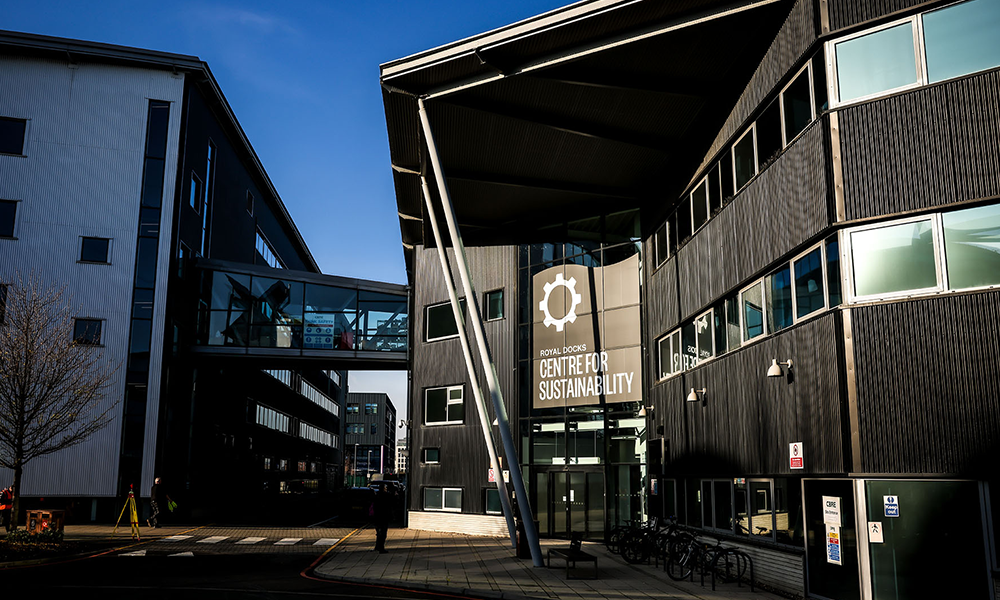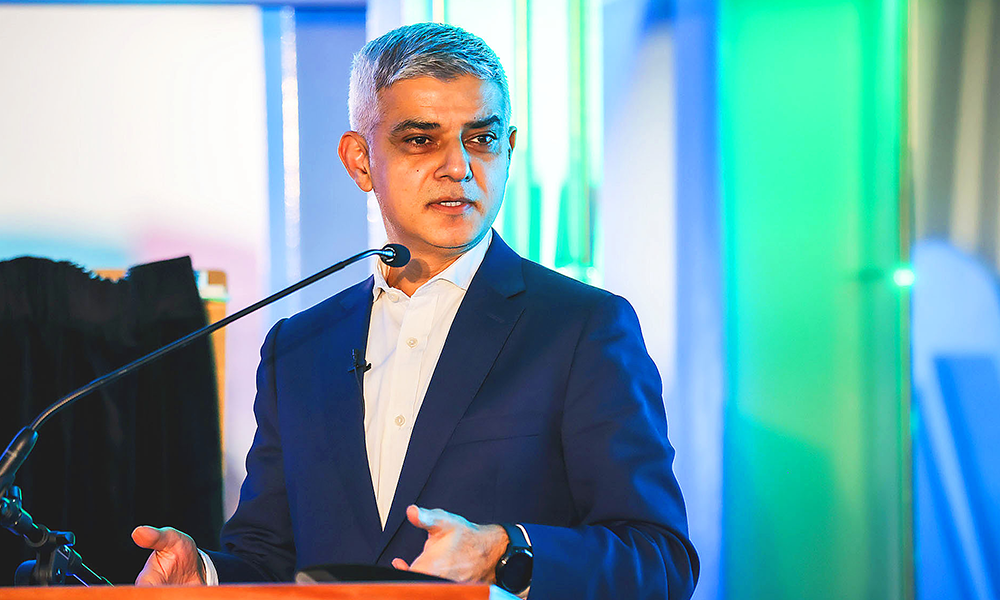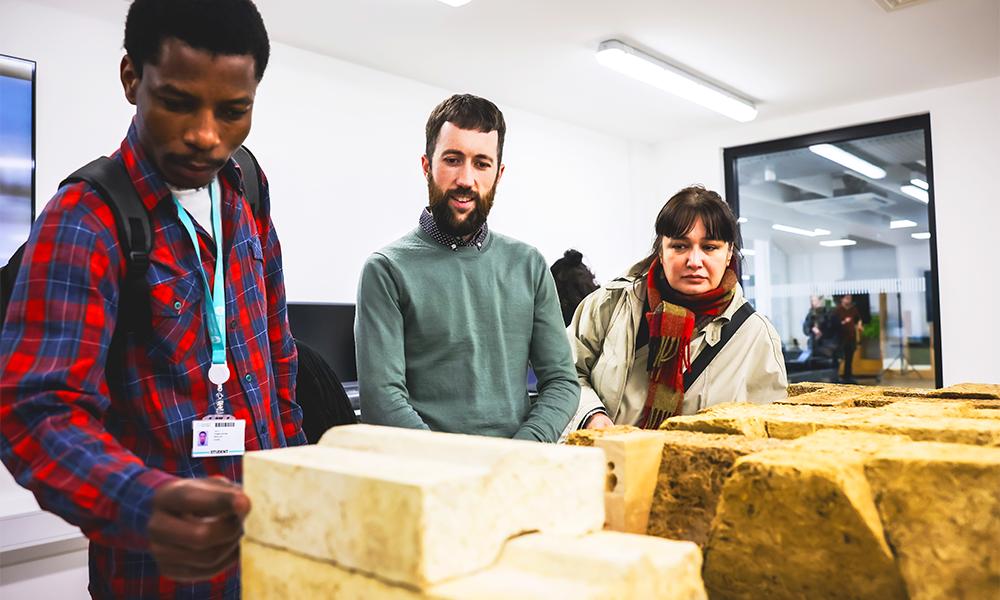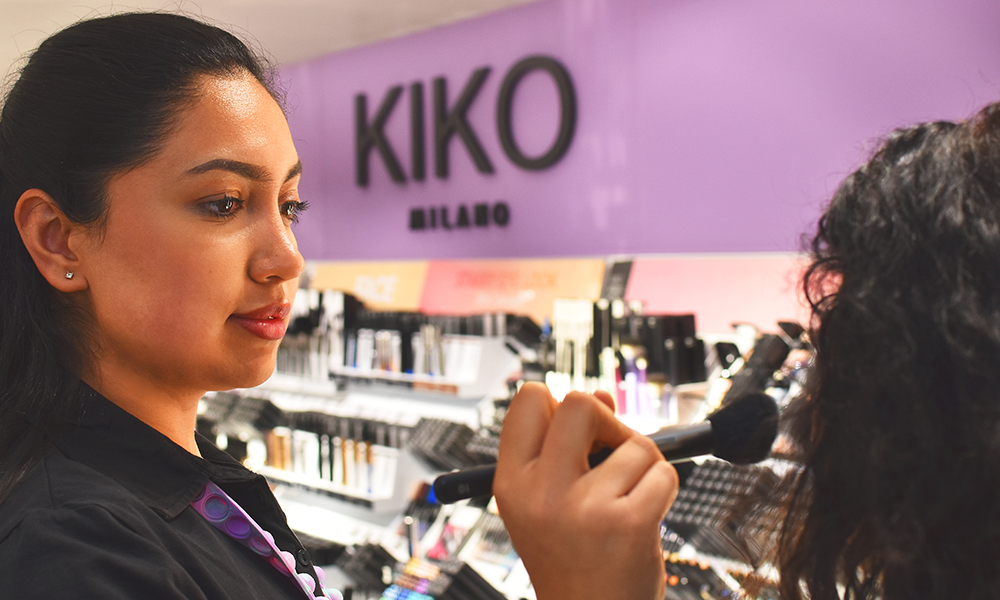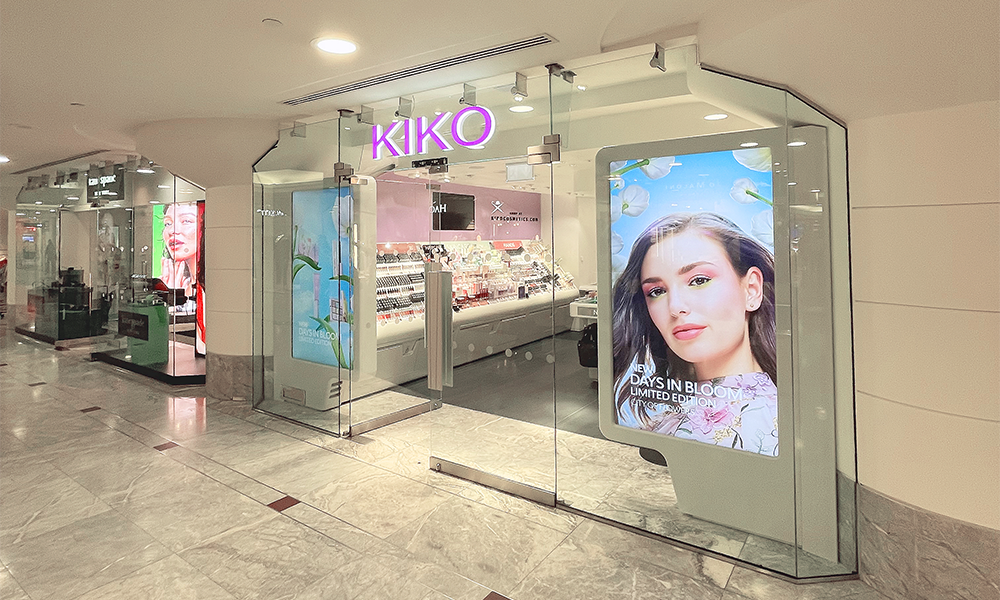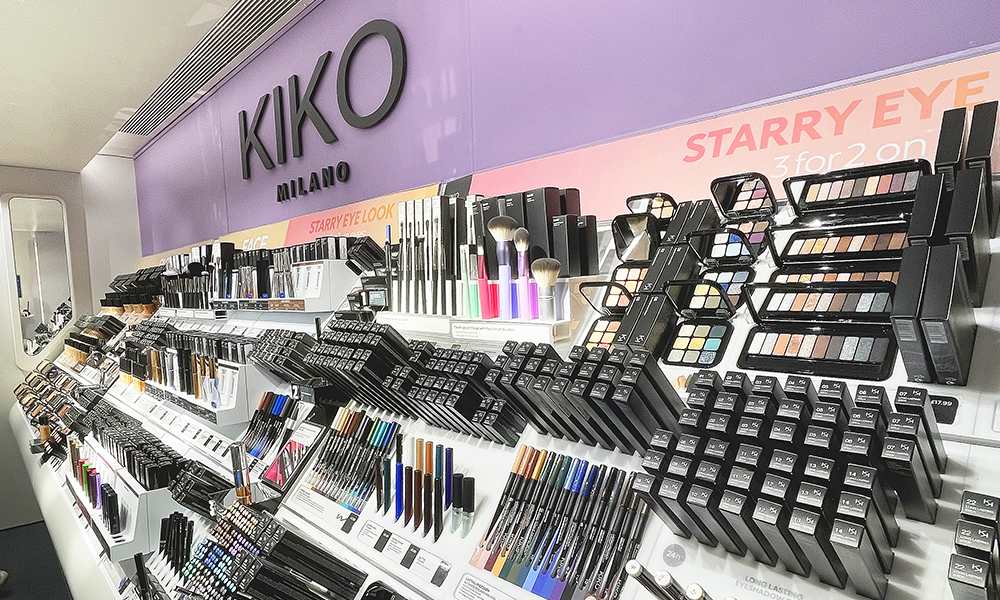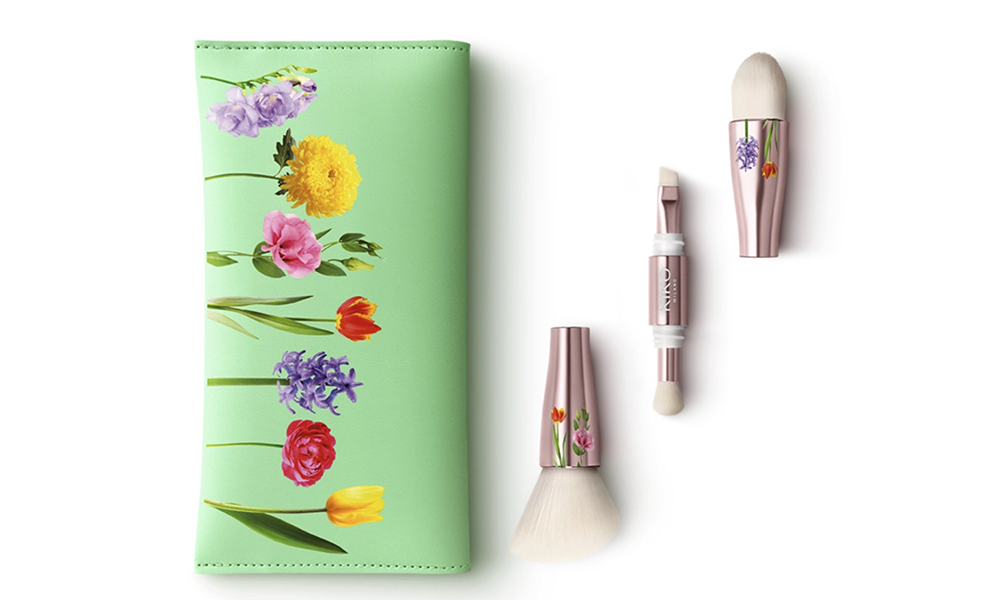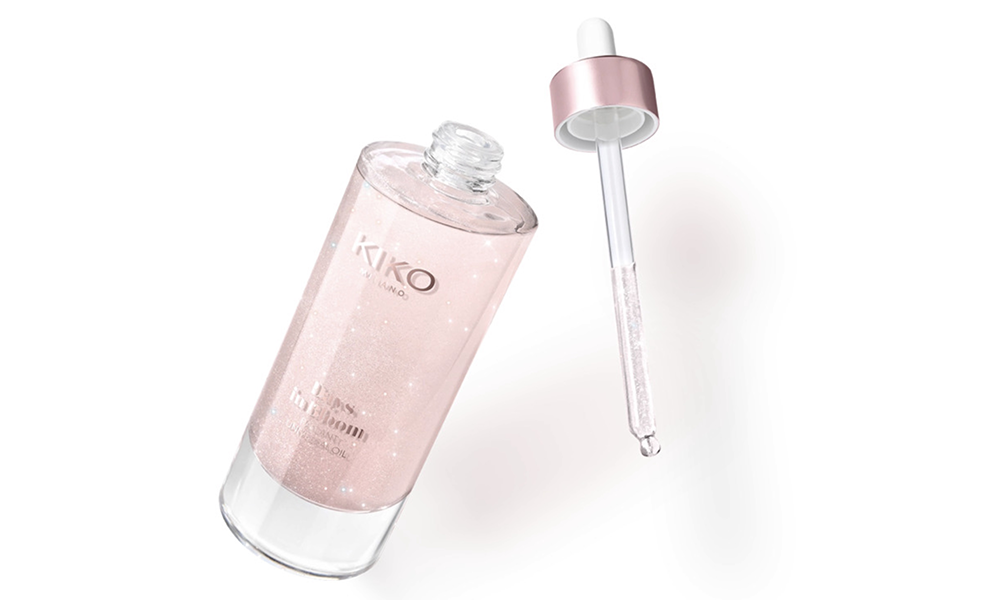Collection of apartments’ release marks last chance to buy at riverside scheme near Gallions Reach
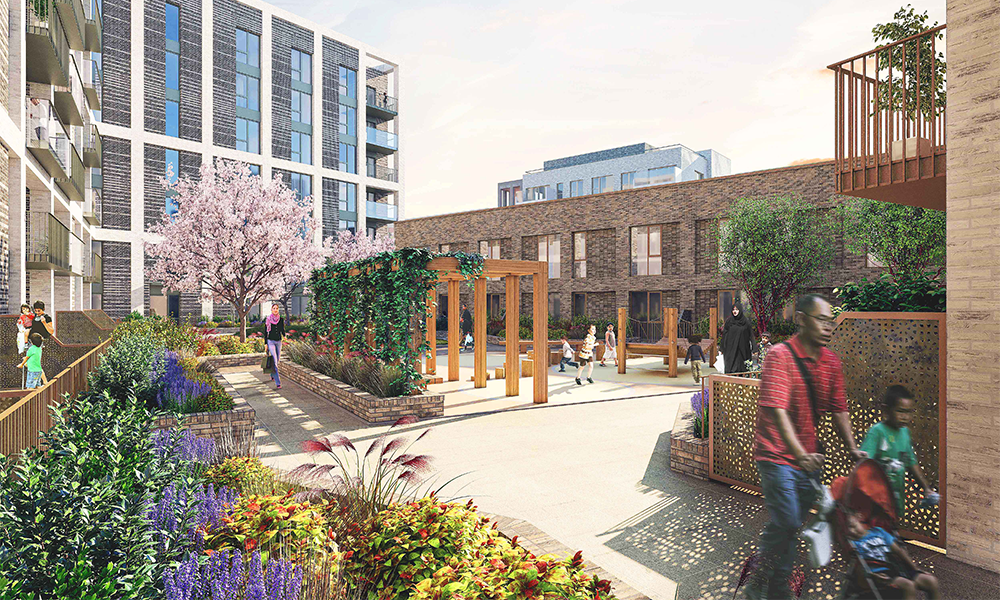
Subscribe to our free Wharf Whispers newsletter here
A decade and a half ago, Royal Albert Wharf looked very different.
Located at the eastern end of Royal Albert Dock, with the curve of the Thames behind it, today the area’s 15-year regeneration project is approaching completion, with the launch of its final phase of properties.
NHG Homes is set to release 58 apartments for sale at the scheme in spring, 2024, arranged around a communal garden square that opens onto the Thames Path riverside walkway.
Lined with trees, this route also leads to a children’s playground overlooking the river.
One, two and three-bedroom properties will be available, all featuring outdoor space in the form of balconies or private terraces.
Prices start at £375,000 for a one-bed with two and three-beds from £494,995 and £634,995 respectively.
Inside, the apartments feature open-plan design with Bosch appliances integrated into the kitchens, fitted wardrobes, built-in storage and separate washer-dryer cupboards.
The development also features a concierge service, a dedicated workspace and lounge area plus parking included as standard with three-bedroom properties.

All residents get access to cycle storage facilities and the on-site car club, should they need four-wheeled transportation.
In contrast to buying a home off-plan at a scheme where work is just starting or halfway through, the majority of Royal Albert Wharf’s amenities are already in place.
NHG Homes’ head of marketing and digital, Amie Triphook Cole, said: “Royal Albert Wharf has quickly become the place to be in the Royal Docks.
“There’s a flourishing community of creators, businesses, young professionals and families who call this neighbourhood home, and with this final phase of homes, now is the last chance to buy a new home at this award winning development.
“Our residents enjoy the perfect blend of riverside views, plentiful on-site amenities and access to lush green space, all within homes designed with active, convenient and modern living in mind.
“I encourage buyers to enquire with us today, so that they don’t miss out on this last opportunity to buy in one of east London’s most exciting areas.”

Royal Albert Wharf already enjoys a wealth of local amenities with food and drink served by the likes of the Well Bean Cafe and Cafe Spice Namaste, owned by celebrity chef Cyrus Todiwala and his wife Pervin.
There’s also a monthly market selling fresh produce, street food, arts and crafts and plans for an on-site gym, nursery and a convenience store.
The development is also home to a number of artists and makers in studio spaces administered by Bow Arts, as well as local creative collective Art In The Docks, which regularly hosts exhibitions and events.
Royal Albert Wharf is located within easy walking distance of Gallion’s Reach DLR station offering direct connections to a host of east London locations.
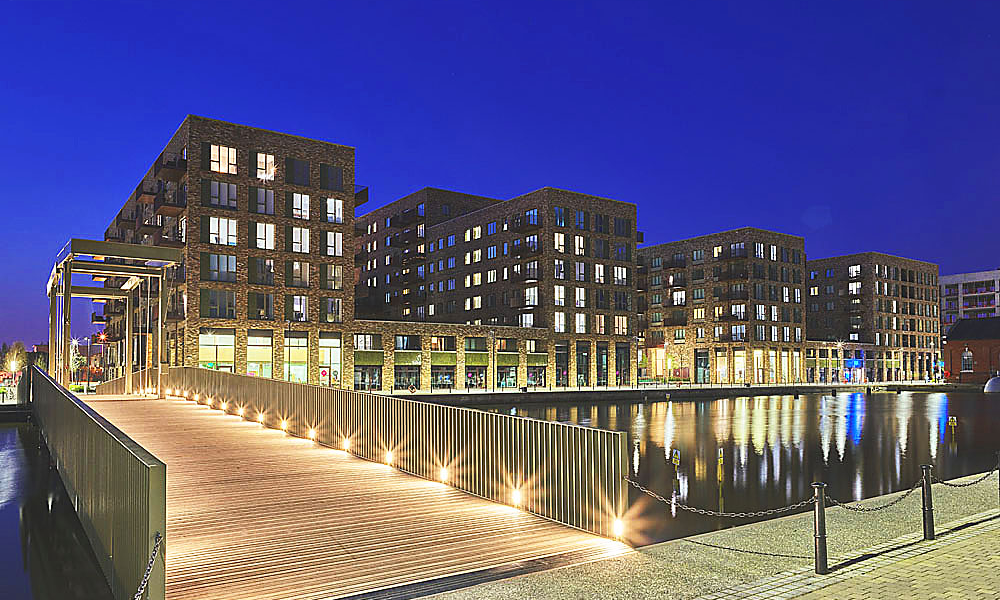
It also connects residents to the Elizabeth Line at Custom House and the Jubilee line at Canning Town, both making for easy journeys to Canary Wharf and beyond.
Prospective buyers will also likely be pleased at the prospect of a DLR extension to Thamesmead, an area undergoing three decades of regeneration.
The connectivity already in place means Royal Albert Wharf residents live within easy reach of the cultural and retail attractions of Stratford and Greenwich Peninsula as well as Canary Wharf.
More locally, the University Of East London is within walking distance and Excel and City Hall are a few stops away on the DLR.
The scheme is also close to Beckton Gateway retail park, which hosts big brands such as B&Q, Dunelm and Pets At Home.
key details
There are 58 properties available in the final phase of Royal Albert Wharf.
Prices start at £375,000 for a one-bed and £494,995 for a two-bed.
Three-beds start at £634,995, which includes parking as standard.
Find out more about Royal Albert Wharf here
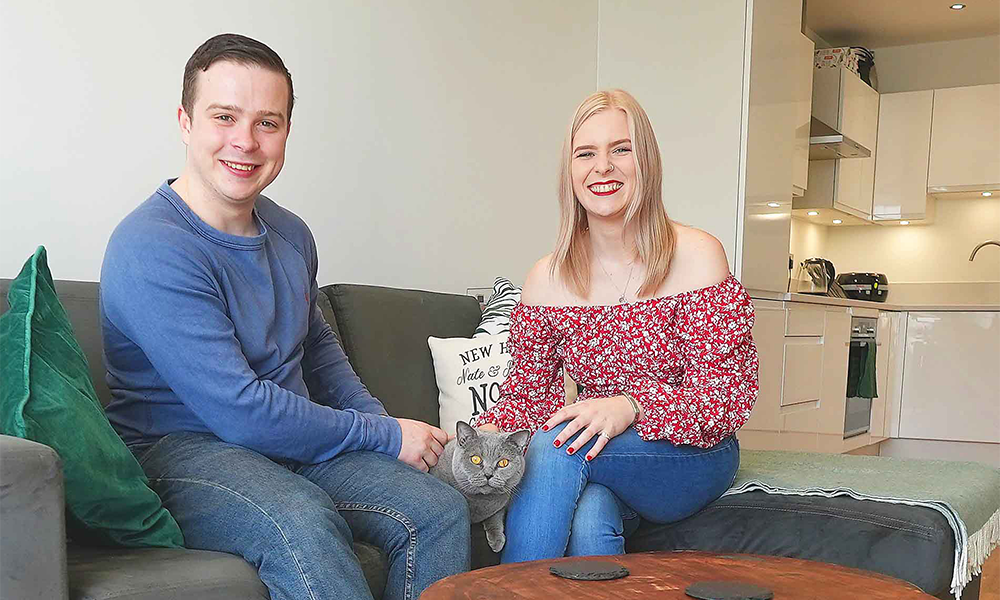
CASE STUDY
Nate and Bianca moved into a one-bedroom apartment at Royal Albert Wharf in April 2021.
The first-time buyers purchased their home at NHG Homes’ east London scheme for £372,500 with a deposit of £56,000.
“We couldn’t find this quality and this location for the same price anywhere else,” said Nate, who works in cybersecurity in Canary Wharf.
“I started renting in central London, moved north, then east and then, most recently, south of the river – I pretty much experienced it all over six years as a tenant.
“I decided my last rental experience would be the last – I’ve rented in shared flats, and on my own, and it’s never really an easy process.
“Buying an apartment is a big deal, but the NHG Homes sales team made every moment as easy as possible.
“It was probably the best experience of buying a house you could possibly have.”
Bianca, who works in the events sector in Woolwich, added: “We looked at quite a lot of properties but struggled to find a home that ticked all of our boxes.
“We wanted to find somewhere that gave us access to open space, fresh air and was close to the Thames, as well as giving us shorter journeys to work.
“Royal Albert Wharf was the perfect fit.”
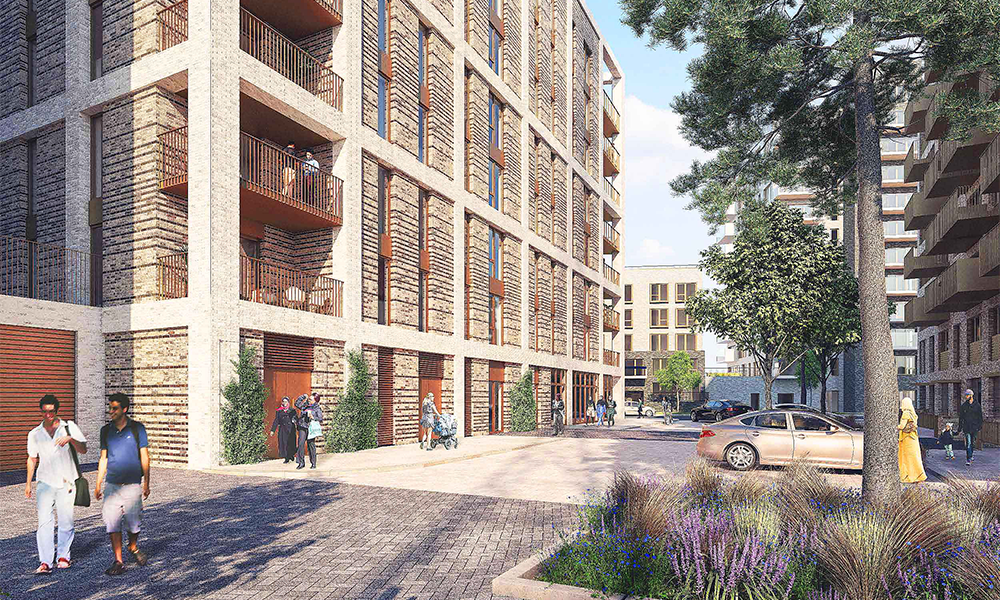
Transport connections certainly helped sway the couple, with Nate especially impressed by his new commute and the development’s connections to airports.
“I used to travel an hour and 15 minutes to Canary Wharf, and now it only takes me 25 minutes door-to-door,” he said.
“I also fly frequently for work – travelling to Heathrow or Gatwick was such a pain and added hours onto each journey – but now London City Airport is very convenient and perfect for business travel.
“Knowing you’re half an hour from your front door when you land makes a big difference.”
For Bianca, the quality of the apartment, its features and facilities played a decisive role in the couple’s decision.
She said: “The apartment is really spacious, light, and bright – the layout is one of the things that encouraged us to buy here.
“We’d looked at quite a lot of properties within our budget and this floorplan was by far the best use of space we’d come across.
“It felt so much bigger than homes of a similar size.
“We were adamant about having enough space in the bedroom, which always tends to be the smallest space in a London flat.
“There’s also so much cabinet and wardrobe space.
“When we first came to view the property, we walked in the door and it was by far the best place that we’d seen.
“I could picture us living here immediately and planned out where everything was going to go – it was such an easy decision to make.”
Find out more about Royal Albert Wharf here
Read more: How St James’ Bow Green development is at one with nature
Read Wharf Life’s e-edition here
Subscribe to our free Wharf Whispers newsletter here
- Jon Massey is co-founder and editorial director of Wharf Life and writes about a wide range of subjects in Canary Wharf, Docklands and east London - contact via jon.massey@wharf-life.com




